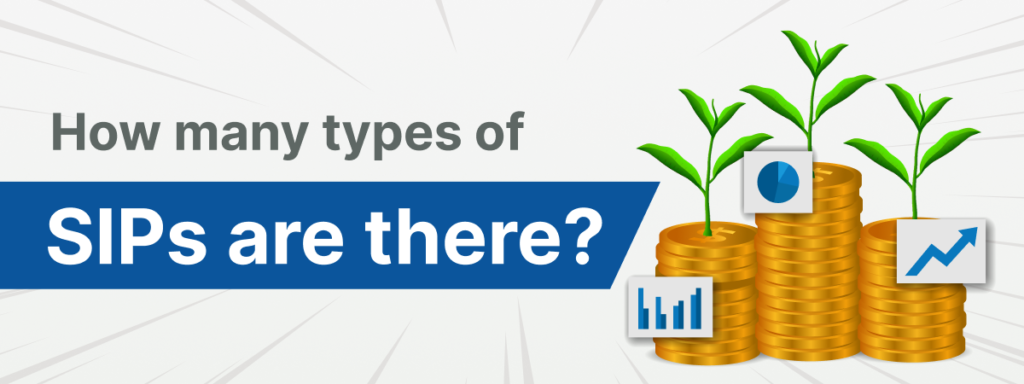How much should you invest in Stock SIP? The ideal amount depends on your financial goals, risk appetite, and disposable income. A common rule is to allocate 10-15% of your monthly savings to equity SIPs (LSI keywords: “SIP investment strategy,” “equity allocation ratio”), ensuring you don’t overexpose your portfolio to market volatility. For beginners, starting with ₹2,000-5,000 per month allows gradual market exposure while maintaining liquidity for emergencies (semantic keywords: “beginner investing,” “systematic stock accumulation”). Always prioritize building an emergency fund (3-6 months’ expenses) and clearing high-interest debt before committing to Stock SIPs. Your investment amount should also align with long-term goals like retirement (15+ years) or wealth creation (7-10 years), where equity investments historically outperform fixed-income options.
When determining how much to invest in Stock SIP, consider these factors: your age (younger investors can allocate more to equities), existing liabilities, and portfolio diversification (LSI keywords: “asset allocation,” “risk management”). The 50-30-20 budgeting rule suggests investing 20% of income, which can include Stock SIPs alongside other instruments. Seasoned investors often scale up SIP amounts by 5-10% annually (secondary keywords: “step-up SIP,” “compounding benefits”). For precise calculation, use the “100 minus age” formula – if you’re 30, up to 70% of investments can be equity-oriented. Remember: consistency matters more than amount – even ₹1,000/month in quality stocks for 20+ years can create significant wealth through compounding.
One of the most common questions investors ask is:
“How much money should I put in a Stock SIP?”
The answer depends on your income, goals, and risk appetite.
💰 6 scientific methods to calculate your ideal SIP amount
📊 Real-life examples for different salary levels
⚠️ Dangers of over-investing or under-investing
📈 How to increase SIP amounts smartly
What is a Stock SIP?
A Stock SIP (Systematic Investment Plan) is a way to invest a fixed amount of money regularly (like monthly) into specific stocks, instead of putting a big lump sum all at once.
Simple way to think about it:
It’s like a mutual fund SIP, but here you are buying individual company shares in small, steady installments over time — automatically.
How It Works
- You invest a fixed amount monthly in stocks/ETFs
- Automatically buys more units when prices are low
Key Benefits
✔ Disciplined investing
✔ Rupee-cost averaging
✔ Starts with just ₹500/month
6 Methods to Calculate SIP Amount
Method 1: The 50-30-20 Rule (Best for Beginners)
- 50% Needs (Rent, Food, EMI)
- 30% Wants (Entertainment, Travel)
- 20% Investments (SIP + Emergency Fund)
Example:
- Monthly Income = ₹50,000
- SIP Amount = ₹10,000 (20%)
Method 2: 10% of Take-Home Salary
- Safest approach for risk-averse investors
- Example: ₹80,000 salary → ₹8,000 SIP
Method 3: Goal-Based Calculation
- Define goal (e.g., ₹1 Crore in 15 years)
- Use SIP calculator (12% returns → ₹15,000/month)
Method 4: Surplus Income Method
- Income – Expenses – Emergency Savings = SIP Amount
- Best for irregular earners
Method 5: Step-Up SIP Formula
- Start with ₹5,000 → Increase 10% yearly
- Year 5 SIP = ₹8,053/month
Method 6: Risk Capacity Calculation
- Aggressive: (Age – 100)% in equities
- 30-year-old → 70% of savings in SIP
Real-Life SIP Examples
| Monthly Salary | Recommended SIP | Best Options |
| ₹25,000 | ₹2,500-₹5,000 | Index ETFs |
| ₹50,000 | ₹7,500-₹15,000 | Bluechip Stocks |
| ₹1 Lakh+ | ₹20,000-₹50,000 | Portfolio of 8-10 Stocks |
Dangers of Wrong SIP Amounts
Over-Investing Risks
- Liquidity crunch in emergencies
- Forced withdrawals during market lows
- High stress impacting decisions
Under-Investing Consequences
- ₹5,000/month SIP → ₹50 lakhs in 20 years
- ₹10,000/month SIP → ₹1.1 Crore in 20 years
(12% annual returns)
How to Increase SIP Smartly
✅ Annual Raise Strategy: Increase SIP by 10% every year
✅ Windfall Gains: Invest 50% of bonuses in SIP
✅ Expense Cuts: Redirect saved money to SIP
Advanced SIP Strategies
Tax Optimization
- Hold for >1 year (10% LTCG vs 15% STCG)
- Use ₹1 Lakh LTCG exemption wisely
Sector Rotation
- 60% Index ETFs
- 30% Sectoral ETFs (IT, Banking)
- 10% High-Growth Stocks
Conclusion: The Golden SIP Rule
“Invest 20% of income or ₹5,000 (whichever is higher) – increase 10% yearly.”
Next Steps:
- Calculate your number using 2 methods
- Start within next 7 days
- Set annual reminders to increase SIP
FAQs
Q1. Can I start SIP with ₹500?
Yes! Many brokers allow ₹500/month SIPs in ETFs.
Q2. Is ₹10,000/month SIP good enough?
It can grow to ₹1 Crore+ in 20 years (12% returns).
Q3. Should SIP be same as EMI amount?
No! SIP should be 20-30% of income, EMIs under 40%.










